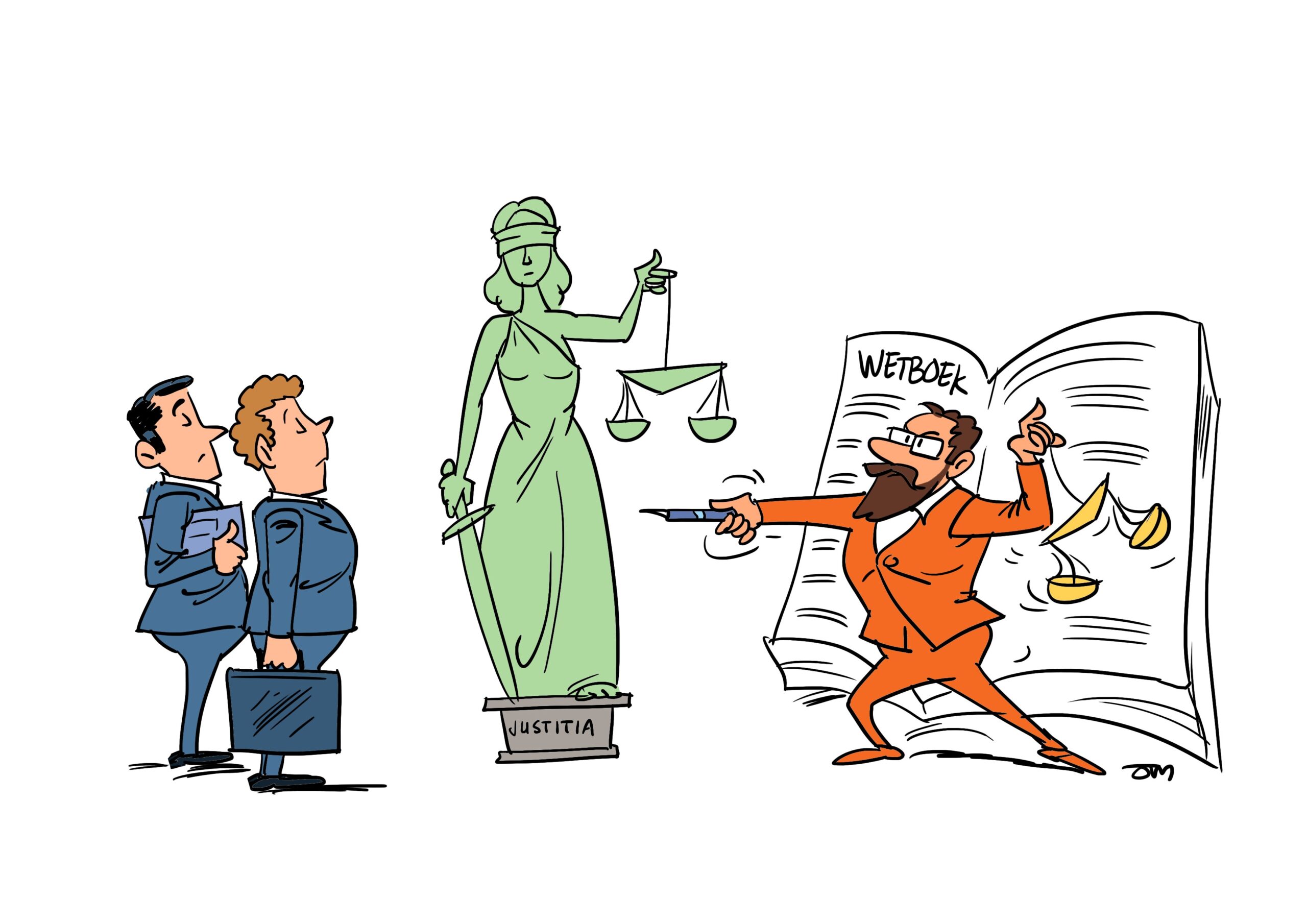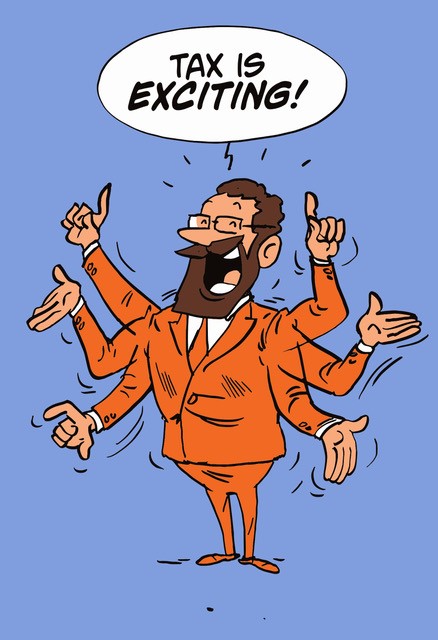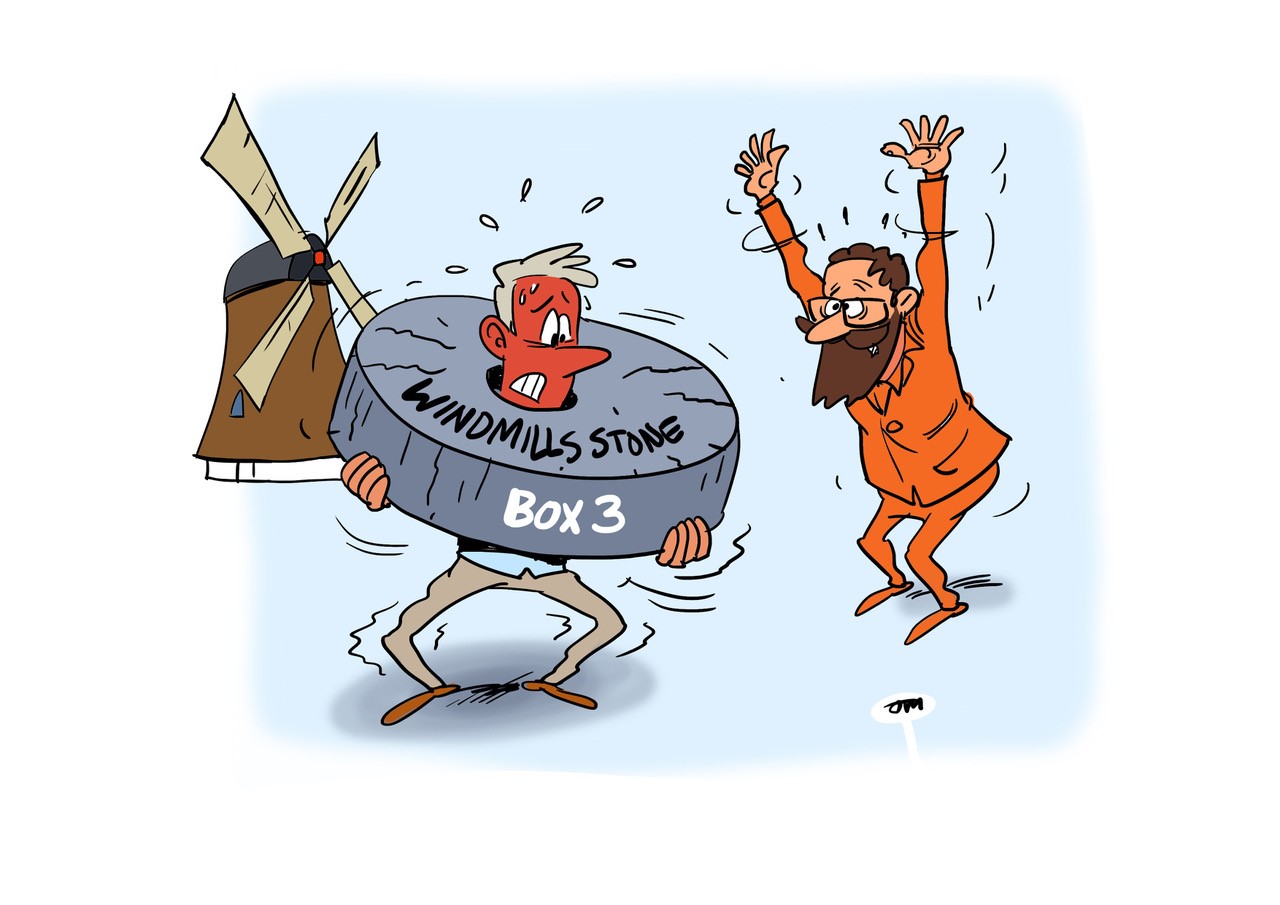The VAR statement (VAR verklaring) is a statement that should shield your client from being confronted by the Dutch tax office with social premiums to be paid over the net amount of the paid invoice. But where is the VAR statement in 2015?
Entrepreneur or (deemed) employee?
For the Dutch tax office it is not always clear whether you are an employee or an entrepreneur. This especially is not clear when you perform a job at the site of the client, during working hours the client desires, under more or less instructions by the client and you are being paid by the client. These conditions are identical to the definition of employment.

Social premium issue
This is not a tax issue, because whether the Dutch tax office gets the tax via wage tax or income tax is not relevant, tax is being paid. This is a social premium issue. An employer pays for its employees on top of the gross salary unemployment, disability and similar social premiums to the Dutch tax office. An entrepreneur is not insured for unemployed nor disability, hence cheaper.
System makes the entrepreneurship a logical choice
As the labour of an entrepreneur is cheaper for the ‘employer’ and the entrepreneur has noticed he pays substantially less tax due to the entrepreneurs discount, starting entrepreneurs discount and small business discount, the logical decision to work as ZZP entrepreneur is more or less forced on the parties involved. Except for the tax office then.
Strike back tax office
The tax office is keen to collect the social premiums, hence they have drastic tools to enforce this. If the entrepreneur is indeed a deemed employee, the employer is charged with wage tax and social premiums (grossed up) over the net total invoice amount paid to the entrepreneur. Due to the fact that the entrepreneur is now categorized as (deemed) employee, the employer has not identified the employee. As the employee has not been identified the anonymous tax rate of 52% applies.
Example
You employed a ZZP entrepreneur and the entrepreneur issued you a EUR 1.000 invoice plus 21% VAT being EUR 1.210 for the hours worked. The grossed up amount is EUR 2.531,38 and on top of that the employer is due EUR 426,78 social premiums. Total employers costs EUR 2.958,16. As the tax office is annoyed by not reporting properly this employee a minimum 50% penalty is added to the amount of tax to be paid. The amount of tax to be paid is EUR 1.748,16 plus EUR 874 (50%) penalty is EUR 2.622,16. You paid EUR 1.210 to the deemed employee plus EUR 2.622,16 to the tax office being a total of EUR 3.832,16.
This example should show the significant of knowing with whom you are working.
Solution: VAR statement
The client will demand the ZZP entrepreneur to show a VAR statement. Not any VAR statement, but a VAR statement showing this entrepreneur is indeed classified as being a VAR WUO (profit earner) or VAR DGA (managing director of his own BV company). A VAR Loon implies the tax office has the opinion he is an employee of the client. That is the statement you do not want to receive.
How to obtain a VAR statement?
Until and including 2014 an entrepreneur could download a form and tick the correct boxes and voila you have the desired VAR statement. This VAR statement shields the client from being confronted with a similar calculation from the tax office as you find in the example calculation.
You do not need to be a rocket scientist to understand that it is only a matter of ticking the right boxes regardless of the actual situation. The VAR also shields this entrepreneur from penalties. However, the tax office was soon aware of the fraudulent completing of the VAR applications and put severe penalties on applying for a VAR statement completed in such a manner that the desired statement appeared.
Apparently this was not enough to stop the creative entrepreneur.
VAR 2015
Hence the tax office abandoned the VAR statement and is issuing a new system this year in which both the entrepreneur and the client become liable if it is clear or should have been clear to parties that entrepreneur is indeed an employee.
When could this be clear to parties involved? For instance when the entrepreneur spends 40 hours per week working for the client over rather long period of time. The client should be aware that you cannot have other clients at the same time, hence this is no longer an entrepreneur, the only other option is the person working for you being an employee. Your employee. The employee for which at that point is not processed any payroll.
For the time being the tax office stated that 2014 VAR statements remained applicable in 2015. But what about entrepreneurs that only request for such a statement in 2015?
Even though existing 2014 VAR statement are not renewed for 2015, a new request can be made to apply for a 2015 VAR statement if you were not issued a 2014 VAR statement. This sounds inconsistent and maybe it is. The issue at hand is that the Government thought a quick fix for the above described issue, but it is a bit more complex than they might have realized at the start.
Orange Tax Services
We have both employers as clients, as we have companies using ZZP entrepreneurs and we have ZZP entrepreneurs for whom we perform our services. Being in the middle does not lead to a conflict of interest, as anyone involved does not want to be confronted by the tax office with additional assessment including penalties. Not only does this affect the working relation with the client, the extra costs can make a project not profitable.
For companies it can therefor be more save to employ a person and we will be glad to assist with the payroll services. For the ZZP entrepreneur such an employment can be desirable. We have 1 million ZZP entrepreneurs in the Netherlands and 300.000 earn less than EUR 15.000 taxable income per year. Being a ZZP entrepreneur does not necessarily be the desire position, it can be the outcome of the economic crisis we had, which has the looks of it being over.




